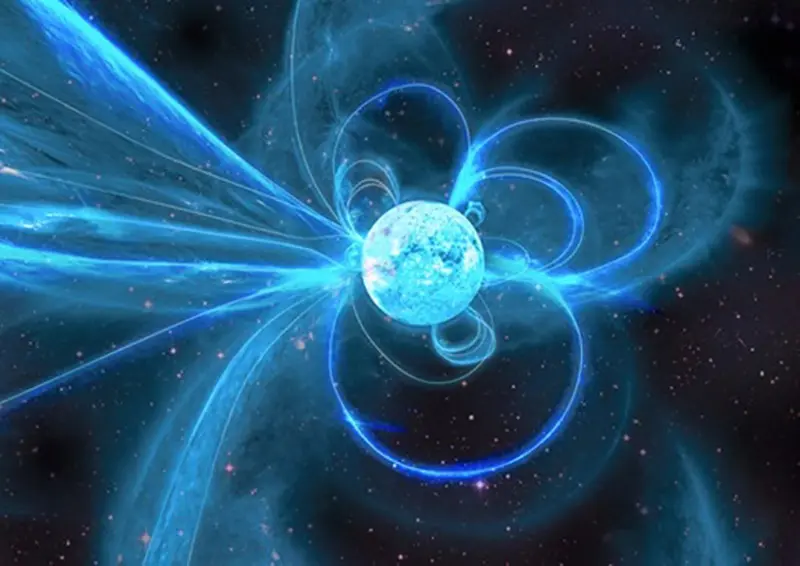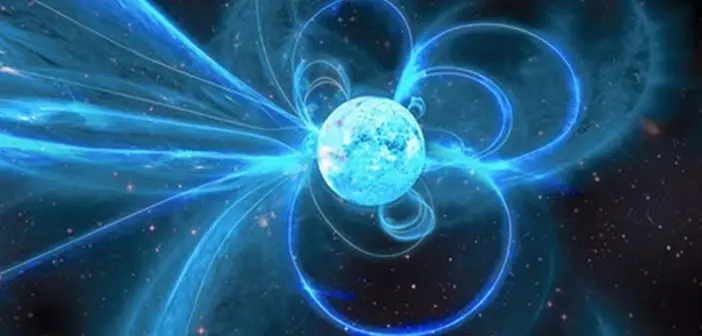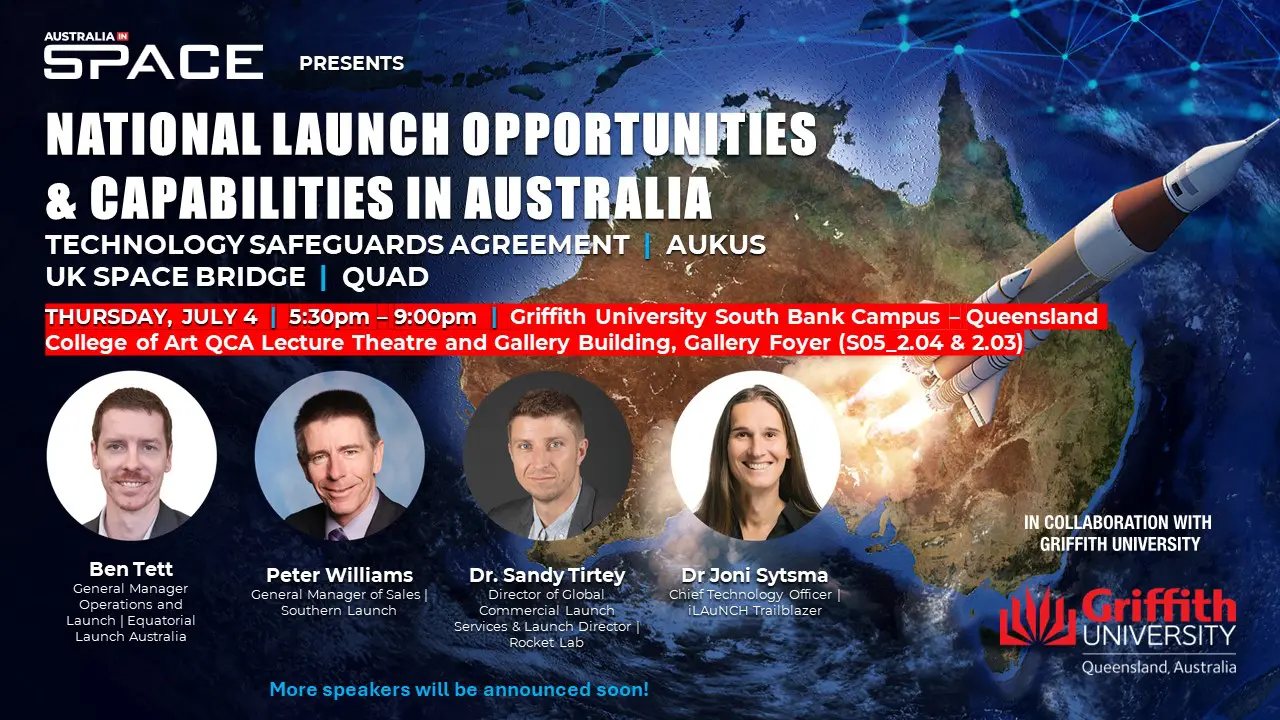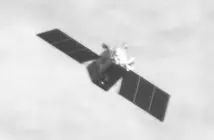
The Australian Parliament’s Joint Standing Committee on Treaties held a public hearing in Canberra on May 13, 2024, to discuss the implications of Australia signing up to the US Technology Safeguards Agreement (TSA), a treaty-level agreement designed to regulate and manage the control of sensitive technologies and information between the two nations.
The inquiry attracted nine submissions and in-person appearances from seven parties, including the Australian Space Agency, Department of Foreign Affairs and Trade, Space Industry Association of Australia, Australian Trade and Investment Commission, Equatorial Launch Australia, Australian Centre for Space Governance, International Aerospace Law and Policy Group, and Flinders University’s Jeff Bleich Centre. The government tabled TSA in the Australian Parliament in late February, but almost immediately it’s proposed format attracted some criticism.
Adam Gilmour of Gilmour Space said the agreement in its original form meant Australia would not receive tech transfer, tech jobs, supply chain, or collaboration benefits. “What’s more, it seeks to restrict Australia’s right to work with other countries on launch technologies,” he wrote at the time. “We need to amend this treaty.”
Gilmour Space did not make a public submission to the inquiry. The two domestic launch companies that did were Southern Launch and Equatorial Launch Australia (ELA). Both companies broadly welcomed the agreement. Southern Launches’ Lloyd Damp called it a “game changer” for his business, which recently handled the successful HyImpulse sub-orbital launch.
“The US space industry has been leading the space race for generations, and this agreement will allow us to work closely with US space companies to facilitate launches or returns from our Australian sites,” Damp said.
ELA was equally open to the TSA. “We believe this agreement will strengthen commercial, institutional, and governmental ties between the United States and Australia and will have positive flow-on effects for the entire Australian space industry and adjacent industries,” its submission reads. ELA also sought clarification about several points and made some change recommendations.
Canberra Airport, the Jeff Bleich Centre, Piston Labs, Space Industry Association of Australia, International Aerospace Law and Policy Group, Australian Centre for Space Governance, and Capricorn Space all also filed submissions.
“This TSA agreement has enormous benefits both for the USA and Australia, for the future of the space industry, and for humanity itself,” said Capricorn Space Agency Director Cameron Ikin.
Dharshun Sridharan, a Co-Founder at Piston Labs, also broadly welcomed the TSA but agreed that Gilmour had raised several valid points. “The stringent technology safeguards and operational dependencies potentially undermine our ability to innovate and may impede the development of indigenous space technologies,” he wrote. “The requisite US approval for space operations could constrain our sovereignty and operational flexibility.”
The Piston Labs submission added that the TSA should serve Australia’s long-term strategic interests in space exploration and technology as well as US interests. “We must strive for a partnership that not only leverages the strengths of both nations but also promotes an autonomous and vibrant Australian space sector,” Sridharan said.






